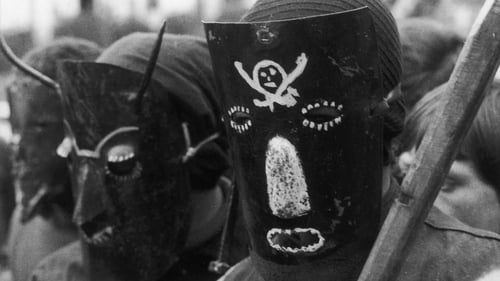
Cinematography

Director of Photography
Mai Zetterling is interviewed in the summer of 1984 in her house in southern France. Seventeen years have passed since the Girls were made in Sweden and were adversely affected by the criticism. Zetterling discusses why she left Sweden and resides at crucial times in her life; The drama period, to be celebrated actress and then to move to pave his way in the male-dominated director's profession. A guiding star in Zetterling's life has been to constantly expand its boundaries.

Cinematography
Using film and television footage taken during the revolutionary movement of April 25, 1974 in Portugal, and mixing it with music and live interviews with common people, the director conveys a vivid account of the period in which a military coup evolved to a socialist revolution, then was tempered into a formal European style democracy.

Director of Photography
The film sought to portray a relatively unknown and isolated rural world and, through a highly politicized discourse, affirmed the genuineness of “folk culture.” Representative of the new documentary film movement that developed in Portugal after the revolution, the movie encouraged the local retrieval of the Caretos tradition. A ritual that seemed to be doomed by the conjoined impact of emigration, the colonial war and the crisis of agriculture was thus brought back to life. - Paulo Raposo

Cinematography
The history of Portugal since the Republican revolution of 1910 to the revolutionary period following the military coup of April 24, 1974, recounted with a marxist perspective, using historic sound and film documents. The title refers to a trilogy of values proclaimed by Salazar, prime minister of Portugal in 1936.



